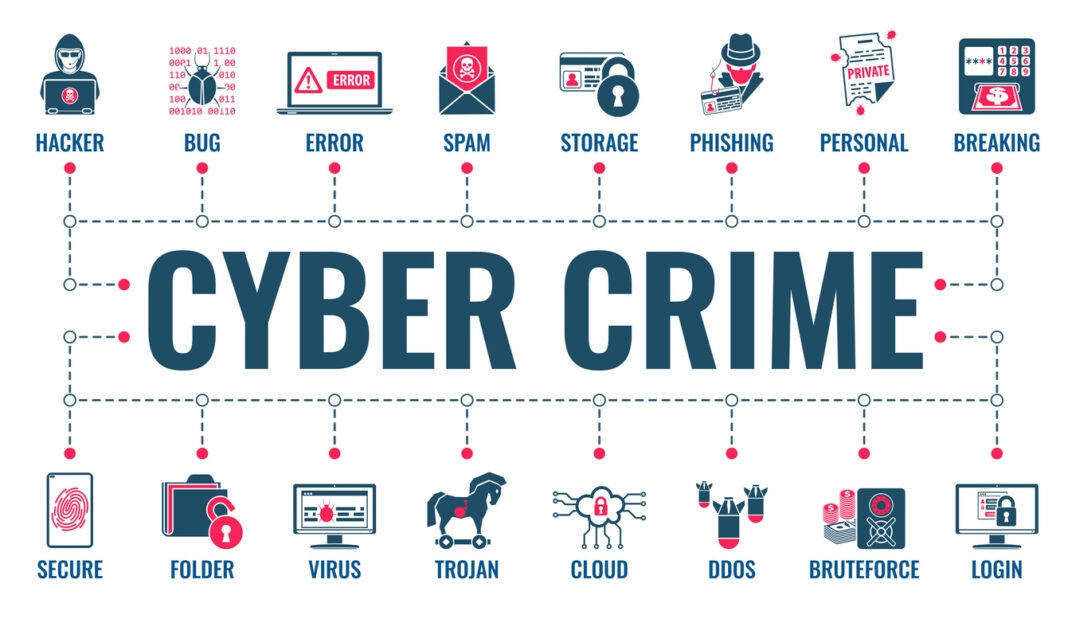Artificial intelligence (AI) has been making significant strides in recent years, and the hype surrounding it has reached an all-time high. One of the most talked-about topics in relation to AI is its impact on the workforce. Some experts argue that AI could eventually replace many jobs currently done by humans, while others argue that it will create new job opportunities and augment human capabilities.
One of the main reasons for concern about AI replacing humans in jobs is the rapid pace of technological advancement. AI systems are becoming increasingly sophisticated, and at the same time able to perform tasks that were once thought to be the exclusive domain of humans. For example, AI-powered chatbots are now able to handle customer service inquiries with a high degree of accuracy, and AI-powered robots are being used in manufacturing and logistics.
However, it is important to note that AI is not a monolithic technology. Different types of AI systems have different capabilities and are suited for different tasks. For example, narrow AI systems, also known as weak AI, are designed to perform specific tasks such as image recognition or natural language processing. On the other hand, general AI systems, also known as strong AI, have the ability to perform any intellectual task that a human can. Currently, we are still in the realm of weak AI, and it is less likely to replace human jobs in the near future. Even though it can be used to automate certain tasks, it still requires human supervision and interpretation.
One of the areas where AI is likely to have the most significant impact is in repetitive or routine tasks. These are tasks that are easy to automate and can be accomplished by following a set of rules or instructions. For example, data entry, simple customer service inquiries, and scheduling appointments. As AI becomes more sophisticated, it will be able to perform these tasks more efficiently and effectively than humans. This could lead to job displacement for certain workers, such as data entry clerks and customer service representatives.
Is my job Safe?
However, it is important to note that AI will not just displace jobs, but it will also create new job opportunities. For example, AI will require human expertise in areas such as data analysis and machine learning, leading to a new set of job opportunities. Additionally, AI will also enable humans to work more efficiently and effectively. AI-powered tools can help humans to analyze vast amounts of data, identify patterns and make predictions, which can help improve decision-making and boost productivity. It can also assist human to take on more complex and challenging tasks.
Moreover, AI will bring about a change in the nature of work. It is likely that the future of work will be a mix of human and AI collaboration. This will require a new set of skills and capabilities, such as the ability to work alongside AI systems and interpret their outputs. It will also require workers to be more adaptable, as they will need to be able to learn new skills quickly and continuously.
The impact of AI on the workforce is a complex and nuanced topic. While it is true that AI has the potential to automate certain tasks and displace certain jobs, it is also important to consider the potential benefits it can bring. Rather than fearing the displacement of jobs, it is important for us to adapt and prepare for the changes that AI will bring. We should embrace the opportunities that it presents and work to ensure that the benefits of AI are shared by all. It is crucial for businesses, governments, and educational institutions to work together to ensure that workers have the skills and capabilities they need to thrive in the age of AI.



